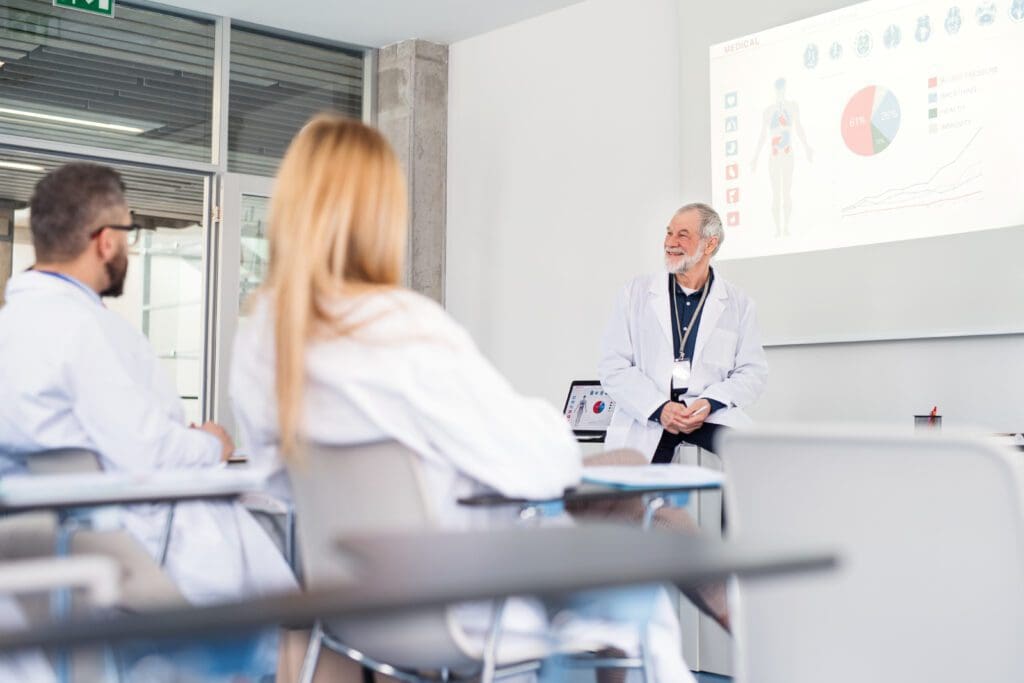Our webinars examine how these technologies and research developments can be utilized to accelerate solutions for brain disorders.
Each webinar is 50 minutes in length, followed by a 10-minute Q&A with questions submitted virtually by the participants.

EQIPD Webinar Series 2023
9000 Brains and Counting: Perspectives on Brain Tissue Banking
Biomarkers on the Brain: Understanding the Utility of Biomarkers for Brain Health and Disease
The Power of Genetics in Predicting & Treating PTSD
AI for Personalized Health
Mechanism-based CNS Disease Modeling: Applications in Neurology and Psychiatry Drug Research & Development
ALS Patients Being PRO-ACTive: Can ALS Big Data Bring the Next ALS Breakthrough
Transforming Concussion Care
Parachuting with Purpose: A View into the Personal Experiences of Traumatic Brain Injury Among Veterans and a New Path Toward Precision Solutions
Advancing our understanding of neuroinflammation: Driving a systems biology approach to re-classify brain disease
Animal Modeling 102 – Frameworks and Case Studies for Translational Model Systems of PTSD
ECNP Preclinical Data Forum Network Webinar – GRADE for preclinical animal studies: translating evidence from bench to bedside
The Treatment of PTSD and the Warrior Care Network
Evaluating Neurodegeneration Following Traumatic Brain Injury: Some New Ideas
Establishing a Normative Neuroimaging Library to Support Traumatic Brain Injury Diagnosis and Management
The Reproducibility Crisis in Science and How to Address It
Contextual Processing in PTSD
Animal Modeling 101
Demystifying Ontologies and Their Utility for Biomedicine
Nanotechnology and Animal Models: High-Density Neural Probes
Neural Circuits as Substrates of Mental Illness and Targets for Therapeutics
Towards a Better Understanding of Parkinson’s Disease: The Use of Novel Technologies & Big Data
Diffusion Spectrum Imaging (DSI): A tool for unraveling disrupted structural connectivity in PTSD?
The Tau Biology Project
The Good, The Bad, and The Ugly: Quality Data in Basic Research
Neural Circuit and Genomic Approaches to PTSD and Fear-Related Disorders
Post-Traumatic Stress Disorder Assessment & Treatment Planning
The life course burden of PTSD: Can genetic research help?
Wading through the literature: Using Charisma to explore body fluid based biomarkers in Multiple Sclerosis
Gaining Insights in Multiple Sclerosis by Causal Network Analysis
ClarifyRA: Getting to Holistic Disease Management for RA Patients
Brain-CODE: A Neuroinformatics Platform for Brain Discovery
Seeking best practices in classifier construction and testing
Collaborative bottom-up modeling in computational biomedicine
Pathway and Network Based Discovery of Gene Signatures
















